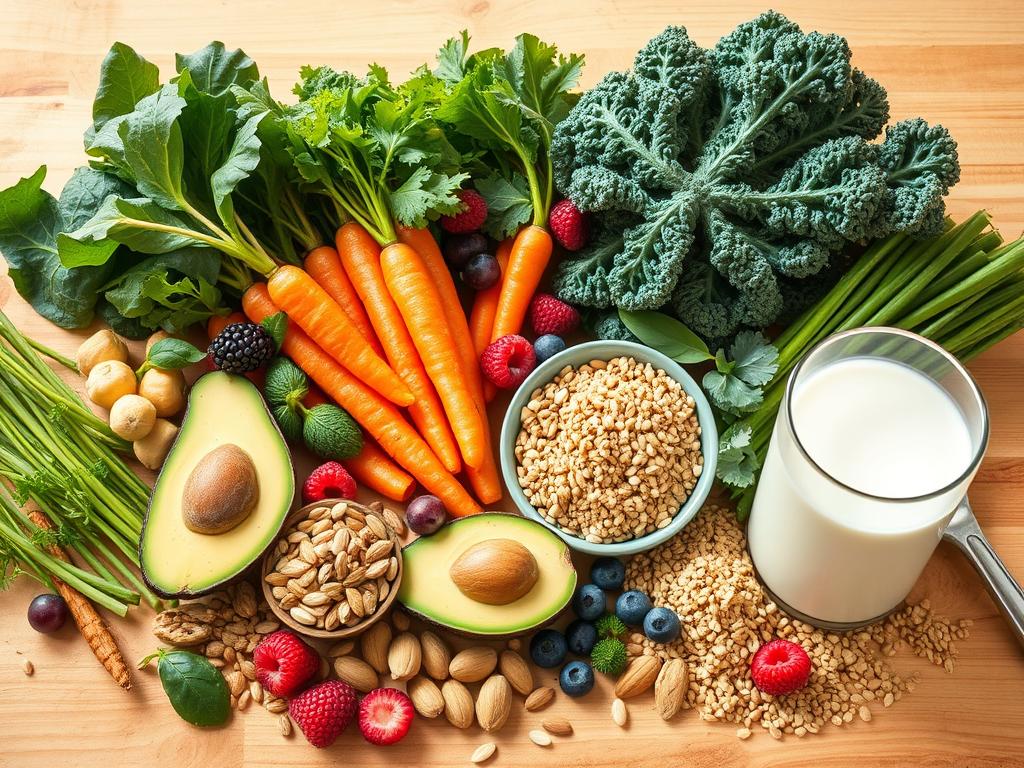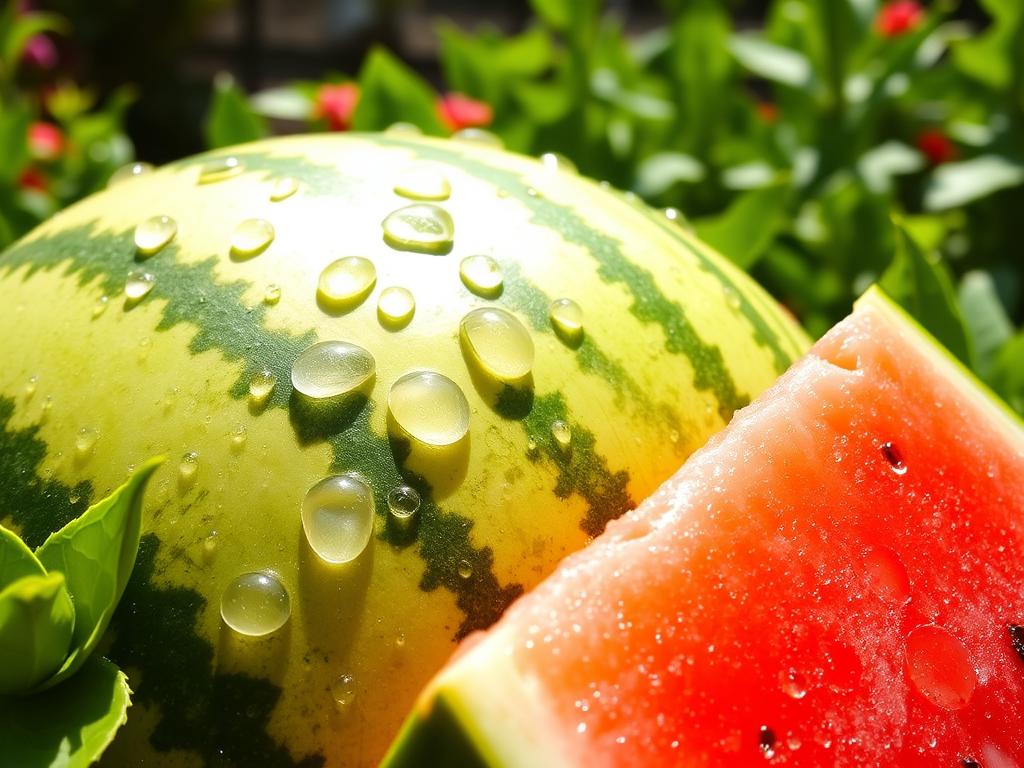Did you know that women are recommended to consume 25 grams of fiber per day, yet most fall short of this essential dietary need? This striking statistic highlights the importance of focusing on the right essential foods for women to achieve optimal health. As women navigate various life stages, from menstruation to menopause, their nutritional needs evolve, demanding a diet enriched with nutrient-dense foods. The journey towards better health can be significantly influenced by incorporating diverse, high-fiber, and antioxidant-rich foods into daily meals.
By emphasizing healthy eating for women, individuals can better address unique health concerns related to bone density, reproductive health, and chronic disease prevention. Integrating specific superfoods into your diet is more than a trend; it’s a vital step for enhancing overall well-being. For example, foods like leafy greens not only provide essential vitamins and minerals but also help reduce the risk of osteoporosis. Incorporating vitamin E-rich foods into your meals can bolster immune function and lower the risk of chronic diseases, making it clear that choosing the best foods for female health is imperative.
As you embark on this journey of discovery regarding the most valuable foods that every woman should include in her diet, get ready to transform your health and well-being. Your body will thank you!
Key Takeaways
- Include fiber-rich foods such as lentils and leafy greens to meet daily fiber needs.
- Consider incorporating healthy fats from sources like avocados and almonds.
- Utilize plant-based proteins such as edamame for added dietary benefits.
- Emphasize the consumption of antioxidant-rich foods like dark chocolate and turmeric.
- Incorporate yogurt for its gut health benefits along with calcium intake.
- Focus on whole foods that support hormonal balance and overall well-being.
Understanding Women’s Nutritional Needs
Women face unique dietary challenges that must be addressed through a tailored women’s health diet. A balanced diet for women not only supports everyday health but also plays a crucial role throughout different life stages. Changes in hormone levels, reproduction, and the aging process all contribute to varying nutritional needs, emphasizing the importance of essential foods for women.
Importance of Balanced Nutrition for Women
Nutritional research has frequently overlooked women’s specific dietary requirements, often relying on male subjects for studies. This has led to a gap in understanding women’s health, resulting in generalized dietary recommendations that may not meet their needs. A balanced diet for women goes beyond basic nutrition, ensuring women receive vital nutrients that promote overall well-being.
Key Nutrients for Women’s Health
Several key nutrients are critical for women, especially as they age. Adequate intake of calcium, magnesium, iron, and folate is essential. For adult women aged 19-50, the USDA recommends a daily allowance of 1,000 mg of calcium and 18 mg of iron. As women transition into their 50s, the need for calcium increases to 1,200 mg daily. Magnesium is also vital, with a daily recommended intake of 320 to 400 mg. This ensures bone strength and the support of reproductive health.
The table below outlines the recommended daily allowances for essential nutrients:
| Nutrient | Recommended Daily Allowance (RDA) |
|---|---|
| Calcium (19-50 years) | 1,000 mg |
| Calcium (51+ years) | 1,200 mg |
| Iron (19-50 years) | 18 mg |
| Iron (51+ years) | 8 mg |
| Magnesium | 320-400 mg |
| Vitamin D | 600 IU |
Furthermore, nutrient deficiencies such as vitamin D and magnesium are common among women. These elements significantly impact overall health, including mood, energy levels, and immune function. Incorporating a variety of essential foods for women into daily meals can help combat these deficiencies and improve long-term health outcomes. Balancing these nutrients enhances nutrition for women at every stage of life.
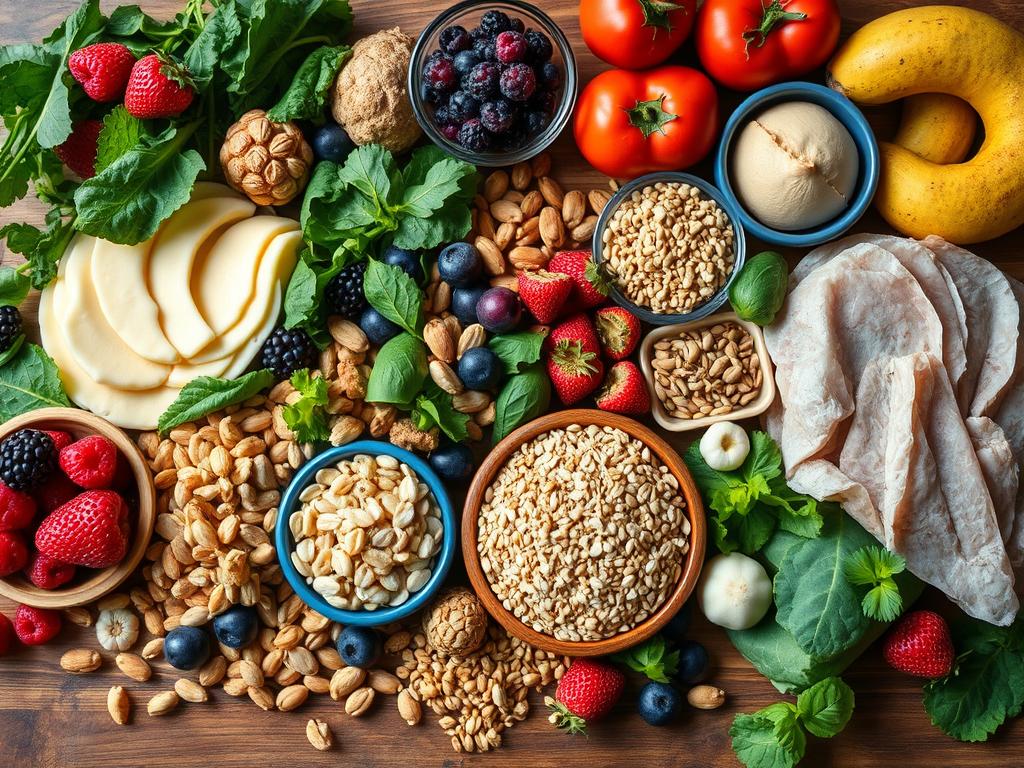
Fruits and Vegetables That Pack a Nutritional Punch
Incorporating a variety of fruits and vegetables into daily meals significantly boosts health for women. These vibrant foods are not just colorful additions; they serve as powerful superfoods for women, enriching their diets with essential nutrients. From leafy greens to bright berries and zesty citrus, these foods rank among the best foods for female health.
Leafy Greens for Vitality
Leafy greens like kale and spinach offer a treasure trove of vitamins and minerals. Packed with vitamins A, C, and K, they support bone health and overall vitality. Kale stands out due to its high levels of alpha-linolenic acid, an omega-3 fatty acid known for aiding heart health. Including these greens in meals can effectively combat chronic diseases and enhance energy levels.
Berries for Antioxidants
Berries, particularly blueberries and strawberries, provide potent antioxidants that are essential for combating oxidative stress. Blueberries are rich in vitamin C and K, as well as manganese, which help improve cognitive function and protect against heart disease. Including a handful of these superfoods for women in your diet can significantly support overall health.
Citrus Fruits for Immunity
Citrus fruits, such as oranges and grapefruits, deliver an impressive dose of vitamin C. This nutrient is crucial for boosting the immune system and promoting collagen formation for healthy skin. Incorporating citrus into daily meals provides not only flavor but also enhances nutritional intake, making them among the best foods for female health.
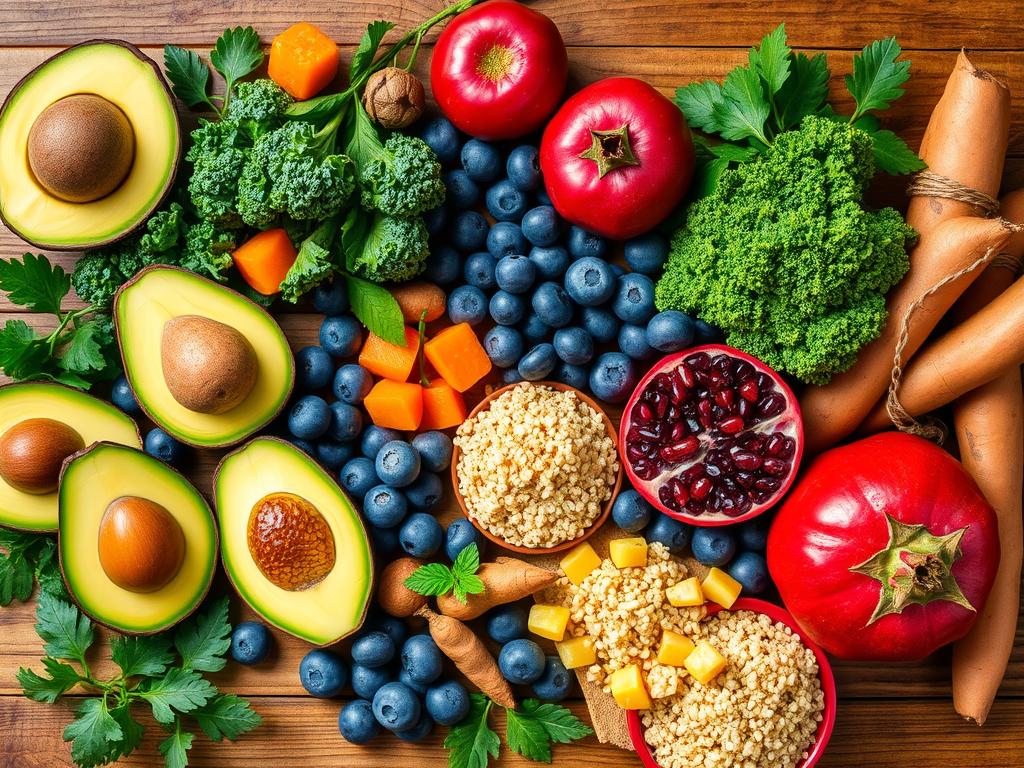
Whole Grains: The Foundation of a Healthy Diet
Incorporating whole grains into daily meals forms an essential part of healthy eating for women. These grains are rich in fiber and nutrients, supporting overall health and wellness. Emphasizing whole grains contributes to a balanced diet and can significantly enhance women’s health as they age.
Benefits of Whole Grains
Whole grains offer a multitude of whole grains benefits that are vital for maintaining good health. They help lower the risk of heart disease, stroke, and type 2 diabetes. Additionally, the dietary fiber found in these grains promotes healthy digestion and aids in weight management by enhancing satiety. The American Heart Association highlights the importance of whole grains in dietary recommendations, advising individuals to choose products containing at least 51% whole grains.
Examples of Whole Grains to Include
It is beneficial to include a variety of whole grains in your diet. Some great options feature:
- Quinoa
- Brown rice
- Whole-wheat bread
- Oatmeal
- Barley
Each of these grains holds unique nutrients that support health. For instance, quinoa is a complete protein, while oatmeal is an excellent source of soluble fiber. Incorporating at least three servings of fiber-rich whole grains daily can boost nutrient intake and improve health outcomes.
To further enrich meals, consider substituting white grains for whole grains in various dishes. This simple change can lead to improved cholesterol levels and better weight management. It’s easy to start adding whole grains into daily routines, such as choosing whole-grain pasta or enjoying unsalted air-popped popcorn as a healthy snack. Explore more about the health benefits of different nuts that complement a whole grains-rich diet here.
Proteins Every Woman Should Consider
Including a variety of proteins in a woman’s diet is essential for maintaining overall health and wellness. Proteins for women play a critical role in hormone regulation, muscle maintenance, and metabolic function. Understanding the best sources of protein helps women make informed dietary choices.
Lean Meats and Poultry
Lean meats and poultry are among the top foods for women’s health, providing high-quality protein along with important nutrients such as iron and selenium. These nutrients are vital, especially for women during various life stages, such as pregnancy and menopause. Opting for lean cuts of meat, like skinless chicken breast or turkey, supports heart health while meeting daily protein needs. The American Heart Association encourages avoiding processed meats and choosing products with the Heart-Check mark to ensure healthful choices.
Plant-Based Proteins
Plant-based proteins, such as beans, peas, lentils, and tofu, offer an excellent alternative to animal sources. These foods are not only rich in *nutrients* but also provide healthy fats for women without the saturated fat found in red meats. A cup of cooked lentils, for example, can serve as a nutritious substitute for meat. Incorporating a mix of these proteins can contribute to lower cholesterol levels while maintaining adequate protein intake. Sources like plant proteins also provide dietary fiber, promoting digestive health.
The Role of Healthy Fats
Healthy fats, such as those found in avocados, nuts, and seeds, complement protein sources by enhancing hormone regulation and increasing feelings of satiety. These fats support overall heart health, particularly when combined with omega-3 fatty acids from fish. Eating fatty fish like salmon and mackerel not only boosts protein consumption but also delivers essential omega-3s, which can lower the risk of heart disease. Integrating these healthy fats into daily meals encourages balanced nutrition for optimal wellness.
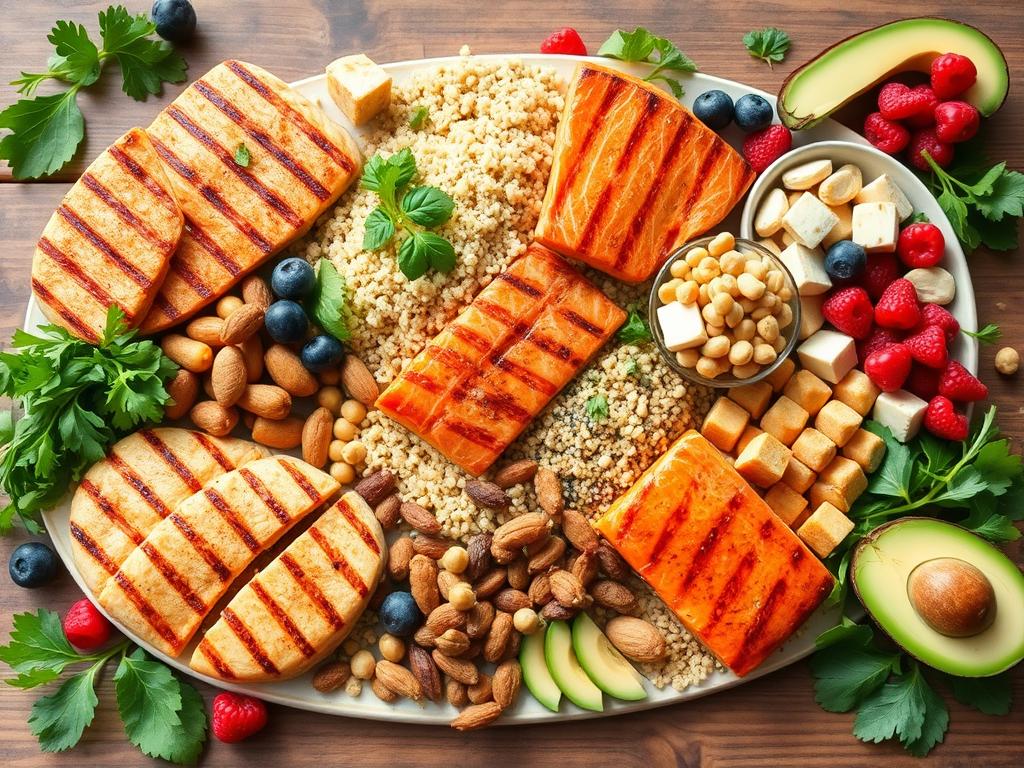
| Source | Protein Content (oz-equiv) | Recommended Serving Size |
|---|---|---|
| Seafood (e.g. salmon) | 8 oz/week | 3 oz (about deck of cards) |
| Lean Meats (e.g. chicken) | 5.5 oz/day | 3 oz (about deck of cards) |
| Beans and Lentils | 1.5-2 oz/day | 1 cup cooked |
| Nuts and Seeds | 5 oz/week | 1 oz (small handful) |
Incorporating Dairy and Alternatives for Stronger Bones
Maintaining strong bones is a priority for women’s health, particularly as they age and experience changes in bone density. Calcium is a crucial mineral that supports bone strength and muscle function, with adults typically needing around 1,000 milligrams of calcium daily. Dairy products such as milk, yogurt, and cheese are excellent sources of calcium-rich foods, providing essential nutrients necessary for bone health. One cup of milk alone contains about 300 milligrams of calcium, making it a significant component of a balanced diet.
Calcium-Rich Choices
For those who are lactose intolerant or prefer not to consume traditional dairy, there are several non-dairy alternatives that can still deliver essential calcium. Products like almond milk and fortified soy milk often contain 30% to 40% of the daily calcium value in just one 8-ounce serving. Including these dairy alternatives can contribute significantly to reaching the daily calcium requirements while accommodating dietary preferences.
Non-Dairy Alternatives That Work
Furthermore, the addition of probiotics found in dairy products like yogurt offers additional health benefits. Probiotics for women can enhance gut health, improve digestion, and support the immune system, contributing to overall well-being. As women navigate different life stages, particularly post-menopause when bone loss accelerates, ensuring adequate intake of calcium and beneficial bacteria is essential for maintaining bone density and reducing the risk of osteoporosis.
Benefits of Probiotics in Dairy Products
In summary, whether through traditional dairy options or fortified non-dairy alternatives, ensuring a sufficient intake of calcium and vitamin D is vital for women’s health. A balanced approach, which includes calcium-rich foods and probiotics, helps to fortify bones, supporting both immediate nutritional needs and long-term health goals.

